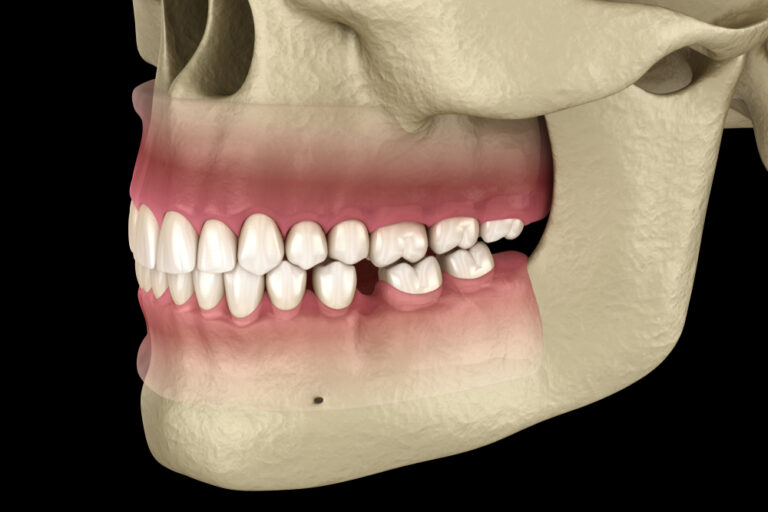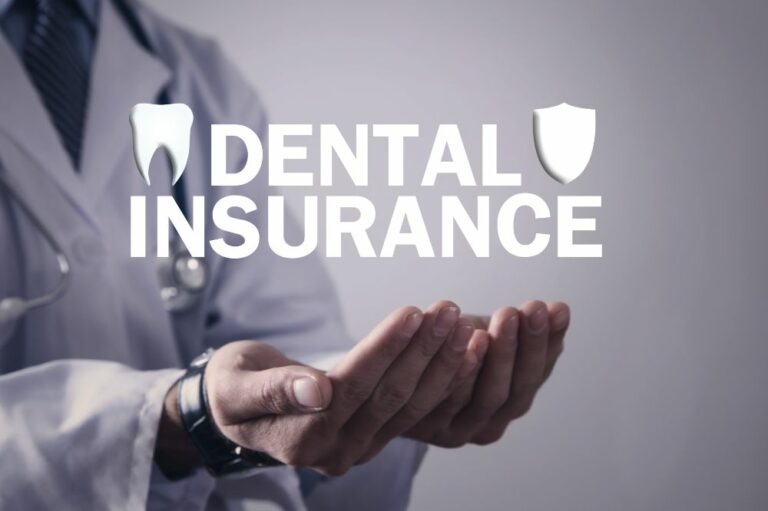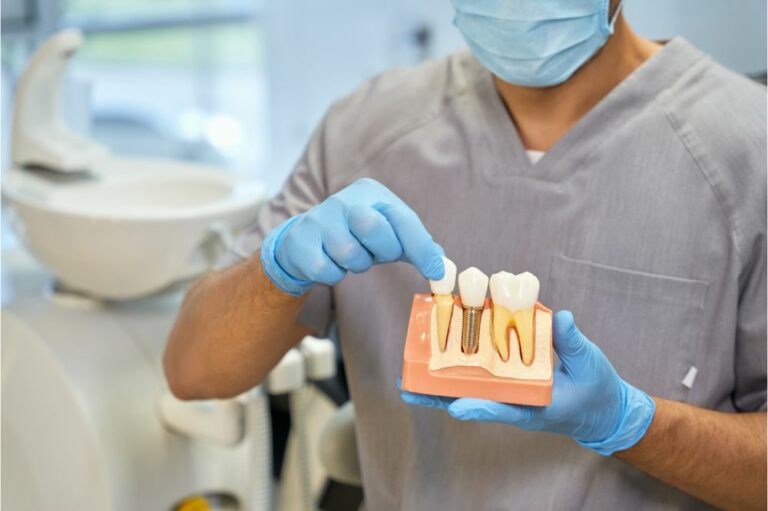If you’re experiencing sudden tooth pain, you’re not alone. Many people have experienced the sudden onset of tooth pain and wonder why all of their teeth hurt so bad all of a sudden. Tooth pain can be caused by a variety of factors, ranging from gum disease to tooth decay to sinusitis. In this article, we’ll explore the causes of sudden tooth pain and what you can do to alleviate it.
Understanding tooth pain is the first step to finding relief. Tooth pain can be caused by a variety of factors, including tooth decay, gum disease, and tooth sensitivity. It’s important to understand the underlying cause of your tooth pain to determine the best course of treatment. In some cases, tooth pain may be a sign of a more serious condition, such as an abscess or infection. If you’re experiencing sudden tooth pain, it’s important to see a dentist as soon as possible to get a proper diagnosis.
Key Takeaways
- Tooth pain can be caused by a variety of factors, including tooth decay, gum disease, and tooth sensitivity.
- It’s important to understand the underlying cause of your tooth pain to determine the best course of treatment.
- If you’re experiencing sudden tooth pain, it’s important to see a dentist as soon as possible to get a proper diagnosis.
Understanding Tooth Pain

Tooth pain can be a frustrating and uncomfortable experience that can affect your daily life. Understanding the different types of tooth pain and their common causes can help you identify the problem and seek the appropriate treatment.
Types of Tooth Pain
Tooth pain can be categorized into different types based on the symptoms experienced. Some common types of tooth pain include:
- Sharp pain: A sudden and intense pain that may be caused by a cavity, cracked tooth, or gum disease.
- Dull ache: A constant, throbbing pain that may be caused by a tooth infection or abscess.
- Sensitivity: A sharp pain that occurs when consuming hot or cold foods or drinks. It may be caused by tooth decay or gum recession.
- Pressure pain: A pain that is felt when biting or chewing and may be caused by a cracked tooth or filling.
Common Causes
There are several common causes of tooth pain, including:
- Tooth decay: This occurs when bacteria in the mouth produce acid that erodes the tooth enamel, leading to cavities and tooth pain.
- Gum disease: This occurs when the gums become inflamed and infected, leading to tooth pain and sensitivity.
- Tooth trauma: This can be caused by a sports injury, car accident, or fall, leading to tooth pain and sensitivity.
- Bruxism: This is a condition where a person grinds their teeth, leading to tooth pain and sensitivity.
- Dental procedures: Some dental procedures, such as fillings or root canals, can cause temporary tooth pain and sensitivity.
If you are experiencing tooth pain, it is important to seek the advice of a dental professional. They can identify the underlying cause of your pain and provide the appropriate treatment to alleviate your discomfort.
Sudden Onset of Tooth Pain

Experiencing sudden tooth pain can be alarming and uncomfortable. Here are some possible reasons for why all of your teeth may hurt so bad all of a sudden, as well as when to seek immediate help.
Possible Reasons
- Tooth decay: If you have cavities or tooth decay, it can cause your teeth to become sensitive and painful.
- Gum disease: Gum disease can cause your gums to become inflamed and bleed, which can also lead to tooth pain.
- Bruxism: Teeth grinding or clenching, also known as bruxism, can cause tooth pain and sensitivity.
- Dental work: Recent dental work, such as fillings or root canals, can cause temporary tooth pain and sensitivity.
- Sinus infection: A sinus infection can cause pain and pressure in your teeth, especially in your upper teeth.
When to Seek Immediate Help
While some tooth pain can be managed at home, there are times when you should seek immediate help from a dentist or medical professional. Here are some signs that you should seek immediate help:
- Severe pain: If your tooth pain is severe and doesn’t go away with over-the-counter pain relievers, you should seek immediate help.
- Swelling or fever: If you have swelling or a fever along with your tooth pain, it may be a sign of an infection that requires immediate attention.
- Difficulty breathing or swallowing: If you have difficulty breathing or swallowing along with your tooth pain, seek emergency medical attention immediately.
Remember, it’s important to take care of your teeth and seek help if you experience sudden tooth pain.
Diagnosis and Tests
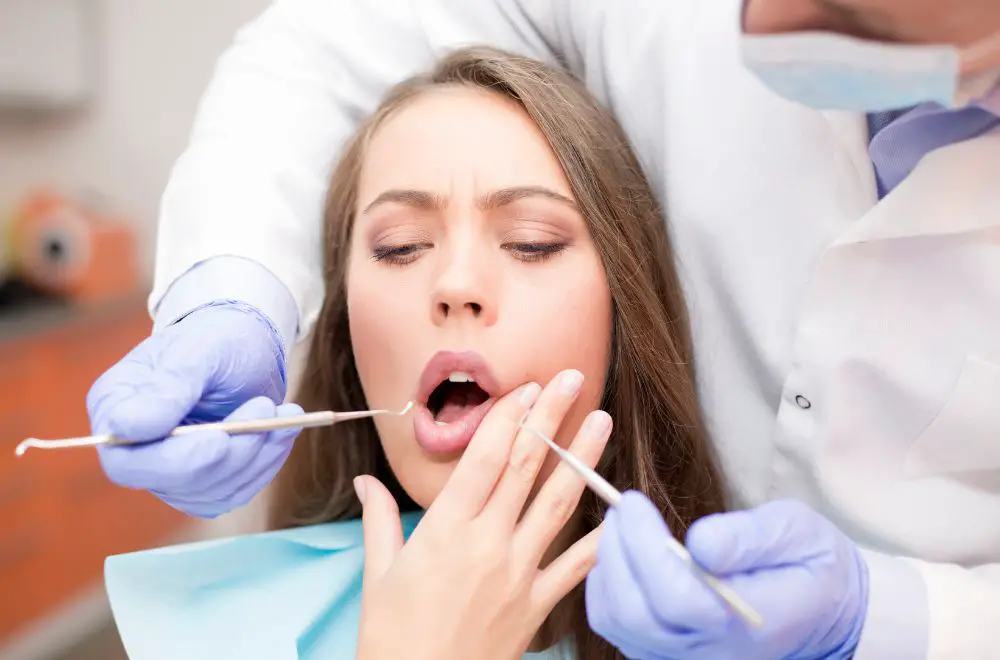
If you are experiencing sudden tooth pain, it is important to see a dentist as soon as possible to determine the underlying cause. Your dentist will perform a thorough examination of your teeth and gums and may order diagnostic tests to help identify the problem.
Some of the tests your dentist may recommend include:
- X-rays: These imaging tests can help your dentist identify cavities, tooth decay, and other dental problems that may be causing your tooth pain.
- Pulp vitality test: This test can help your dentist determine if the tooth’s nerve is damaged or infected.
- Periodontal probing: This test measures the depth of the pockets between your teeth and gums and can help your dentist determine if you have gum disease.
- Oral exam: Your dentist will visually inspect your teeth and gums for signs of decay, infection, or other problems.
In addition to these tests, your dentist may also ask you about your symptoms and medical history to help identify the cause of your tooth pain. Once a diagnosis has been made, your dentist will work with you to develop a treatment plan to address the underlying problem and relieve your pain.
Treatment Options
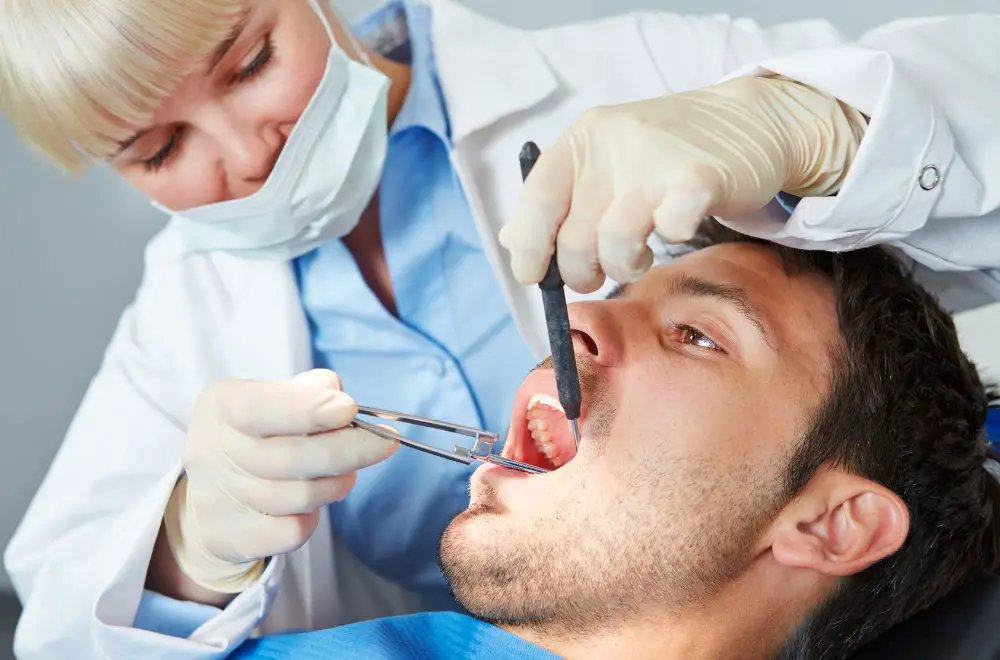
If you’re experiencing sudden and severe tooth pain, it’s important to seek treatment from a dental professional as soon as possible. However, there are also some home remedies that may help alleviate the pain until you can see a dentist.
Home Remedies
- Saltwater rinse: Mix 1/2 teaspoon of salt into a glass of warm water and rinse your mouth with it for about 30 seconds before spitting it out. Repeat a few times a day.
- Ice pack: Apply an ice pack to the affected area for 15-20 minutes at a time, with breaks in between.
- Over-the-counter pain relievers: Take over-the-counter pain relievers such as acetaminophen or ibuprofen as directed on the label.
Professional Dental Treatments
When you visit a dental professional, they will be able to diagnose the underlying cause of your tooth pain and recommend appropriate treatment. Some possible treatments include:
- Dental fillings: If your tooth pain is caused by a cavity, your dentist may recommend a dental filling to repair the tooth.
- Root canal therapy: If your tooth pain is caused by an infection or damage to the tooth’s pulp, your dentist may recommend a root canal to remove the damaged tissue and save the tooth.
- Tooth extraction: In some cases, a severely damaged or infected tooth may need to be extracted to prevent further complications.
Remember, the best way to prevent sudden tooth pain is to practice good oral hygiene, including brushing twice a day, flossing daily, and visiting your dentist regularly for cleanings and checkups.
Prevention and Maintenance

Taking good care of your teeth is the best way to prevent sudden tooth pain. Here are some tips to help you maintain healthy teeth and gums:
- Brush your teeth twice a day for at least two minutes each time. Use a fluoride toothpaste and a soft-bristled toothbrush. Brush all surfaces of your teeth, including the fronts, backs, and chewing surfaces. Don’t forget to brush your tongue too!
- Floss your teeth at least once a day. Flossing removes plaque and food particles from between your teeth and under your gumline. If you have trouble using traditional floss, try a floss pick or water flosser.
- Use mouthwash to kill bacteria and freshen your breath. Look for a mouthwash that contains fluoride and has the American Dental Association (ADA) seal of approval.
- Eat a healthy diet that is rich in calcium, vitamin D, and other essential nutrients. Limit sugary and acidic foods and drinks, which can erode your tooth enamel and lead to cavities.
- Don’t smoke or use tobacco products. Smoking and chewing tobacco can cause gum disease, tooth decay, and oral cancer.
- Visit your dentist for regular checkups and cleanings. Your dentist can detect and treat dental problems before they become serious. Aim to see your dentist every six months.
By following these tips, you can keep your teeth and gums healthy and prevent sudden tooth pain. If you do experience tooth pain, don’t ignore it. Contact your dentist right away to schedule an appointment.
Frequently Asked Questions
Why do my teeth hurt when I wake up?
There are various reasons why your teeth may hurt when you wake up. One common cause is bruxism, or teeth grinding, which can occur during sleep. This can cause tooth sensitivity and pain. Another possible cause is sleep apnea, which can cause dry mouth and lead to tooth decay and pain.
Why do my bottom front teeth hurt?
Pain in the bottom front teeth can be caused by a number of factors, including gum disease, tooth decay, and trauma to the teeth. It is important to see a dentist to determine the cause of the pain and receive proper treatment.
What helps unbearable tooth pain?
If you are experiencing unbearable tooth pain, it is important to see a dentist as soon as possible. In the meantime, over-the-counter pain relievers such as ibuprofen or acetaminophen can help alleviate the pain. Applying a cold compress to the affected area can also provide temporary relief.
Can a virus make your teeth hurt?
Yes, some viruses such as the flu or the common cold can cause tooth pain. This is because the sinuses are located near the roots of the upper teeth, and sinus pressure from a viral infection can cause tooth pain.
Why are my teeth aching all of a sudden?
Sudden tooth pain can be caused by a number of factors, including tooth decay, gum disease, tooth fractures, or a damaged filling. It is important to see a dentist to determine the cause of the pain and receive proper treatment.
How can I relieve sudden tooth pain?
Over-the-counter pain relievers such as ibuprofen or acetaminophen can help alleviate sudden tooth pain. Applying a cold compress to the affected area can also provide temporary relief. It is important to see a dentist as soon as possible to determine the cause of the pain and receive proper treatment.

